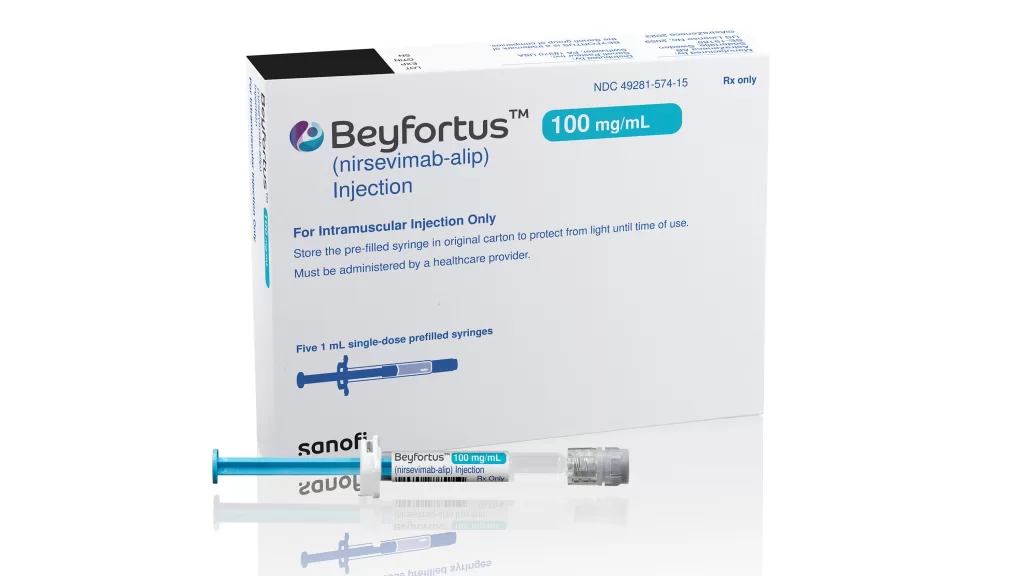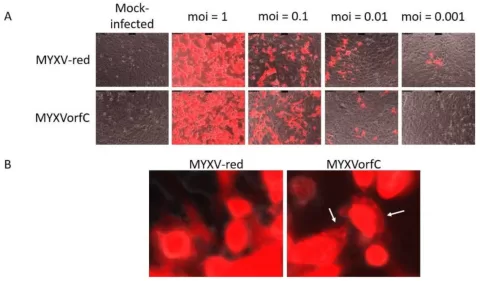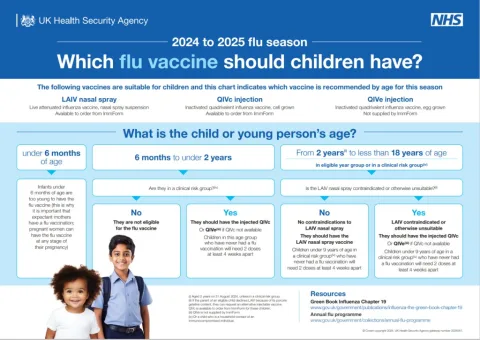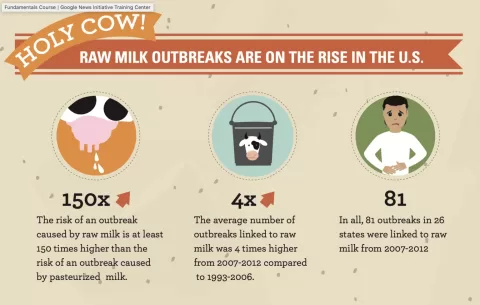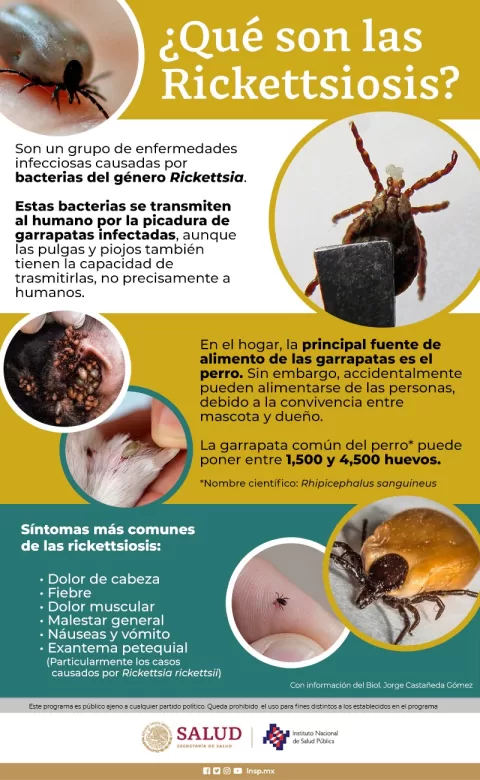The launch of the RSV vaccine marks a pivotal advancement in public health, particularly for infants and young children at risk of severe respiratory illnesses. With the support of the Pan American Health Organization (PAHO), millions of children in the Americas will gain access to this vital vaccine in the coming year. This initiative is particularly crucial as approximately 13 million children are born annually in the region, highlighting the importance of timely vaccinations to enhance healthcare outcomes. As the world grapples with other vaccination challenges, such as the polio vaccination efforts in Gaza and the recent introduction of the malaria vaccine in Sudan, the focus on improving vaccination rates remains paramount. By prioritizing the RSV vaccine, nations can significantly reduce respiratory syncytial virus infections and improve the overall health trajectory of their youngest populations.
Introducing the respiratory syncytial virus (RSV) immunization represents a significant milestone for child healthcare in the Americas. This preventive measure against a leading cause of respiratory illness is set to become accessible to millions, thanks to PAHO’s recent initiative. In the context of global health, the introduction of the RSV vaccine aligns with ongoing efforts to boost vaccination rates worldwide. Simultaneously, campaigns targeting diseases like polio in conflict zones such as Gaza and the new malaria vaccine rollouts in Sudan emphasize the urgency of comprehensive immunization strategies. As countries work to improve health coverage for vulnerable populations, the timely delivery and uptake of the RSV vaccine will be critical in controlling respiratory diseases.
Affordable Access to the RSV Vaccine in the Americas
The Pan American Health Organization (PAHO) recently announced significant strides in increasing access to the respiratory syncytial virus (RSV) vaccine across the Americas. This initiative is set to benefit approximately 13 million children born each year in the region, who are particularly vulnerable to RSV infections. The WHO-approved vaccine, which is recommended for pregnant women in their third trimester, holds the promise of reducing hospitalization rates associated with RSV and safeguarding the health of infants. PAHO’s commitment to delivering this vaccine reflects a broader strategy aimed at enhancing public health and ensuring that crucial immunizations are accessible where they are most needed.
By working in collaboration with local healthcare systems, PAHO aims to roll out the RSV vaccine in 2025, with a focus on areas with high rates of RSV-related hospitalizations. This initiative represents a transformational movement in childhood immunization efforts in the Americas, parallel to ongoing vaccination campaigns for malaria and polio. It is vital for countries in this region to maximize vaccination rates against RSV and other diseases, ensuring that the most vulnerable populations—especially young children—are protected against severe respiratory illnesses.
Frequently Asked Questions
What is the importance of the RSV vaccine for children in the Americas?
The RSV vaccine is crucial for children in the Americas as it can protect approximately 13 million infants born annually from Respiratory Syncytial Virus, which can cause severe respiratory infections. The Pan American Health Organization (PAHO) will offer affordable access to this World Health Organization (WHO)-approved vaccine for countries in the region, targeting vulnerable infants and pregnant women.
How does the RSV vaccine compare to other vaccines such as the malaria vaccine and polio vaccination?
While the RSV vaccine focuses on preventing respiratory infections in infants, the malaria vaccine aims to reduce malaria cases, and polio vaccination targets poliovirus outbreaks. Each vaccine addresses specific public health challenges, with recent advancements in the RSV vaccine promising to enhance vaccination rates and improve child health outcomes in the Americas.
When will the RSV vaccine be available for countries in the Americas?
The RSV vaccine will be available for countries in the Americas starting next year, as announced by PAHO. Governments that request this vaccine will be able to access it through PAHO’s initiative, making it an essential tool for improving respiratory health in infants.
What are the recommended guidelines for pregnant women regarding the RSV vaccine?
The RSV vaccine is recommended for pregnant women between 32 and 36 weeks of gestation, according to the PAHO’s Technical Advisory Group. This guideline aims to protect newborns by boosting maternal antibodies against Respiratory Syncytial Virus.
How does PAHO’s initiative on the RSV vaccine impact vaccination rates in the Americas?
PAHO’s initiative to provide affordable access to the RSV vaccine is expected to significantly improve vaccination rates across the Americas by making the vaccine accessible to more families. With increased awareness and availability, many more infants can be vaccinated against RSV.
What potential challenges might arise in the rollout of the RSV vaccine in the Americas?
Challenges in the rollout of the RSV vaccine could include logistical issues in distribution, public awareness campaigns to educate families, and integration into existing immunization programs. Close coordination among healthcare providers and government entities will be essential to maximize the vaccine’s reach.
Why is the RSV vaccine essential in the context of current health issues in the Americas?
Given the significant burden of respiratory illnesses on child health, the RSV vaccine is essential in addressing these issues in the Americas, especially during periods of rising respiratory infections. This move complements other vaccination efforts, such as malaria and polio, aiming for overall improved child health outcomes.
What is the role of WHO in the approval of the RSV vaccine?
The World Health Organization (WHO) plays a critical role in evaluating and approving the RSV vaccine, ensuring that it meets safety and efficacy standards before being recommended for use in vulnerable populations, including infants and pregnant women.
| Topic | Key Points |
|---|---|
| RSV Vaccine | The PAHO will provide affordable access to the RSV vaccine across the Americas, benefitting approximately 13 million newborns annually. |
| Polio in Gaza | Israeli air strikes hit a polio vaccine center in Gaza, impacting a vaccination campaign aimed at 100,000 children after the detection of a vaccine-derived polio case. |
| Malaria Vaccine in Sudan | Sudan introduces the malaria vaccine into routine childhood vaccinations, becoming the first country in the Eastern Mediterranean Region to do so. |
Summary
The RSV vaccine plays a crucial role in safeguarding the health of newborns in the Americas. As the PAHO ensures affordable access to this vital vaccine, about 13 million infants will be able to benefit from its protective effects. With the World Health Organization endorsing its use, particularly for pregnant women in their late gestation stages, the RSV vaccine is set to significantly reduce the incidence of respiratory syncytial virus infections among children. This initiative demonstrates a vital step towards enhancing public health in the region.
The content provided on this blog (e.g., symptom descriptions, health tips, or general advice) is for informational purposes only and is not a substitute for professional medical advice, diagnosis, or treatment. Always seek the guidance of your physician or other qualified healthcare provider with any questions you may have regarding a medical condition. Never disregard professional medical advice or delay seeking it because of something you have read on this website. If you believe you may have a medical emergency, call your doctor or emergency services immediately. Reliance on any information provided by this blog is solely at your own risk.



